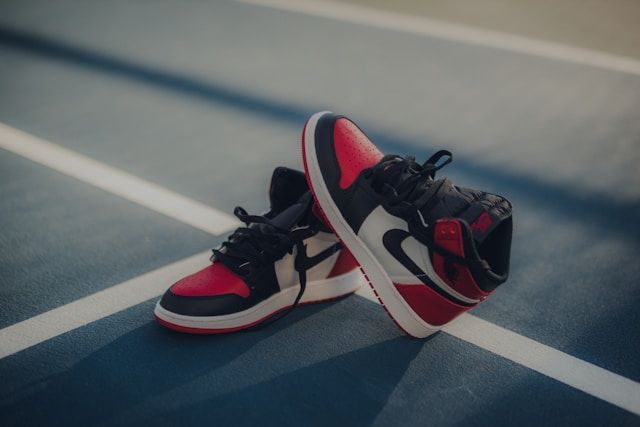The DFB’s decision to end a 70-year partnership with Adidas stirs political debate over national identity and commercial interests
In a move that has sparked a significant controversy across Germany, the German Football Association (DFB) announced its decision to switch the national football team’s kit supplier from Adidas, a partnership lasting more than seven decades, to the American sports giant Nike starting from 2027. This decision has not only surprised fans and the football community but has also drawn criticism from various German politicians, sparking a debate on local patriotism and the commercialization of national symbols.
Adidas, synonymous with German football since the unforgettable 1954 World Cup victory, has been replaced by Nike in a deal reportedly worth around €100m per year, a figure that starkly contrasts with Adidas’s €50m. This dramatic shift has been met with disappointment by figures such as Economy Minister Robert Habeck, who expressed a longing for “a bit more local patriotism,” and Health Minister Karl Lauterbach, who decried the move as “commerce destroying tradition.”
The announcement comes at a poignant time, just months before Euro 2024, which Germany is set to host, and amidst plans to use Adidas’s Herzogenaurach headquarters as the national team’s base for the tournament. Critics, including Bavarian premier Markus Soeder, lament the loss of a piece of “German identity” and caution against reducing German football to “a pawn in international corporate battles.”
Despite the emotional and political backlash, the DFB defends its decision as financially prudent, highlighting the significant benefits for grassroots football in Germany, which encompasses over 24,000 football clubs and millions of active players and volunteers. The DFB’s statement emphasized the necessity of economic decisions to sustain its support for the foundational layers of German football, crediting the Nike partnership with ensuring the continuation of its central tasks.
This transition from Adidas to Nike represents a pivotal moment in German football, signifying more than just a change of brand but touching on deeper issues of national pride, tradition, and the influence of commercial interests on the sports world. As Germany prepares for Euro 2024, the debate surrounding this switch reflects broader questions about the balance between maintaining cultural heritage and embracing the economic realities of modern sports management
